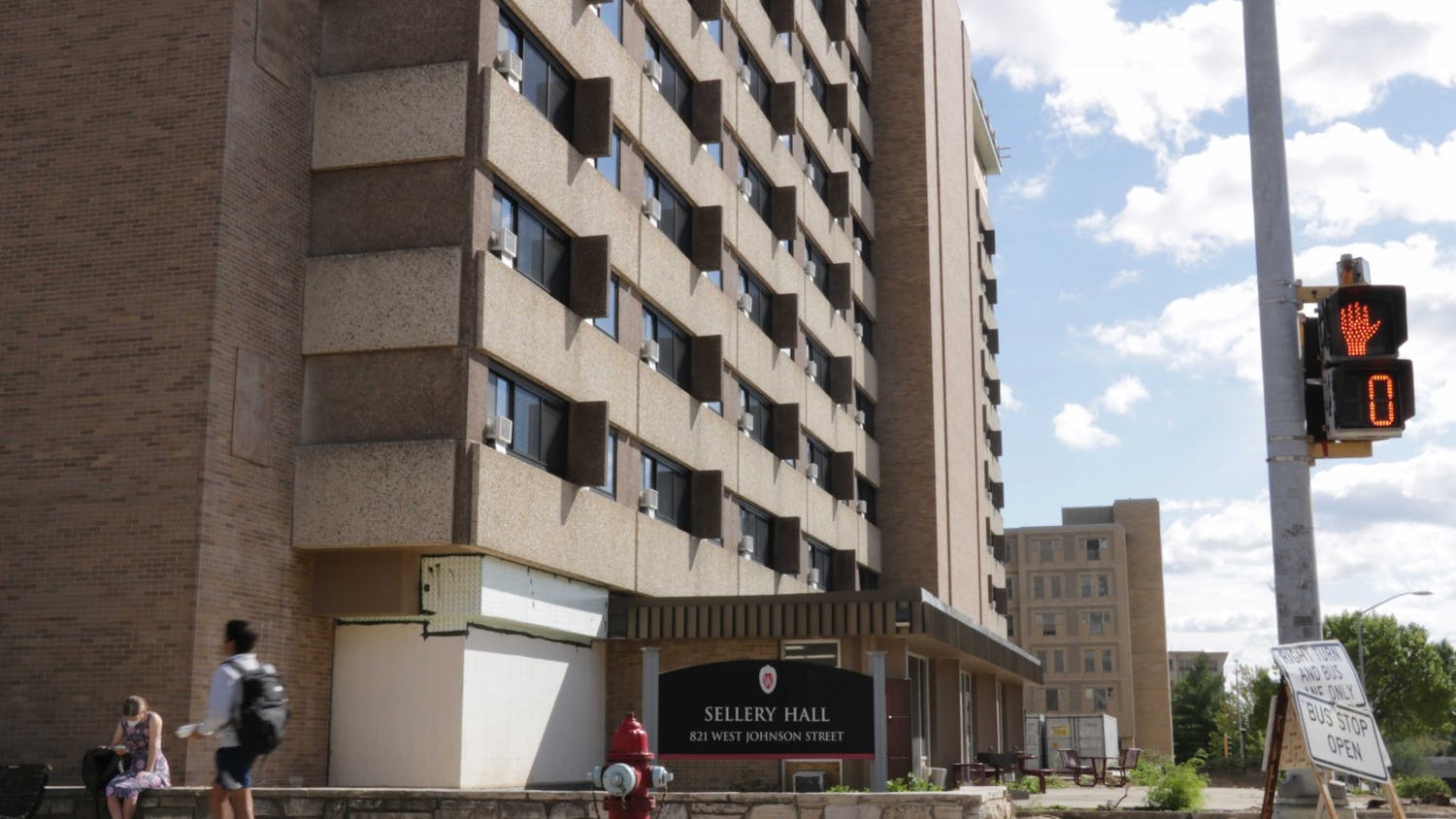Gov. Scott Walker won last November's election with a promise to make Wisconsin ""Open for Business."" He has continued to articulate this idea in public speeches as well as in his new Internet ""Brown Bag Lunch"" videos. Through a combination of tax cuts, tort reform and a public relations campaign, Walker and his administration are hoping to attract a quarter of a million jobs over the next four years. Surely this is a lofty goal, but it's also one that everyone in Wisconsin can get behind.
Fortunately for Wisconsin, our neighbor to the south is failing to promote such business-friendly policies. While Walker has made jobs his top priority, Illinois Gov. Pat Quinn has presided over tax hikes that are already driving jobs away from his state.
For a short while, it looked like Walker was going to have the same problems as Quinn. When Walker's first major decision was to turn down high-speed rail funding, losing thousands of temporary jobs and a little over 100 permanent ones, jobs hardly looked like Walker's priority.
But since this controversial decision to turn down federal funding, Walker's policies have seen 13,000 new private sector jobs and have convinced at least two Illinois companies to locate in Wiconsin, bringing in an estimated 159 jobs to Wisconsin. One company, FatWallet, is an online retail company and the other, Catalyst Inc., makes trade show exhibits. FatWallet left specifically because of the new ""Amazon"" tax on online retailers that Quinn signed into law last month. Another major company, Caterpillar, has even explored the idea of relocating to Wisconsin, though this appears to be a rumor.
While these new businesses should be celebrated in Wisconsin, they should also serve as a reminder to state legislators of the volatility of business. With the mobile nature of commerce, especially e-commerce, any new tax can be avoided, any new regulation can be circumvented and any business could be on the way out.
Walker's new corporate tax policies will be of major importance to retaining businesses in the state. Most important is a measure that requires a three-fourths majority to raise taxes, a move that is sure to attract many businesses in the future.
But as usual, we need a reality check. Lower taxes, government grants and favorable tort laws will not be the sole reason that companies move to, and stay, in Wisconsin. There is an element of luck. If an entrepeneurial business owner just happens to live in Wisconsin, chances are he is going to set up shop in the state.
There is also an element of talent. Companies are not going to leave a high-talent pool like Chicago to relocate to a city with citizens who are unskilled or uneducated. This trend is evidenced by companies like Google, who have campuses in Austin, Ann Arbor and even Madison. What do these cities have in common? Mainly, they are all college towns. These areas produce talented, motivated and innovative people, which are important to the business community. Walker must continue to work with UW-Madison and other universities to ensure that Wisconsin's higher education system continues to produce well-qualified members of the work force.
Another element that contributes to a good business climate is a sound transportation infrastructure. In 2008, MillerCoors left Milwaukee and decided to move to either Chicago or Texas. The final decision came down to Chicago because of its ""base of talent, transportation and business resources."" At the time, taxes played little part, at least according to public statements, in its decision.
Walker's dedication to improving Wisconsin's existing infrastructure, especially highways and the Hiawatha line to Chicago, is an important policy to attract businesses to Wisconsin.
Lower taxes alone do not make a good business climate. Without a qualified work force and a solid infrastructure, Wisconsin will fall far short of creating a quarter of a million jobs. Walker needs to continue to invest in Wisconsin's highways, and he needs to continue to work with Chancellor Biddy Martin to ensure UW-Madison remains a top-ranked university despite budget cuts.
So while Walker may be touting new private sector jobs—some of which came from Illinois —only time will tell if his reforms are able to help or hurt this trend. To meet his goal of a quarter million jobs, Walker will need to continue investing in key areas, as well as keeping taxes low. If Wisconsin's infrastructure and higher education fall apart, lower taxes will be a useless mantra for the Republican governor.
Matt Beaty is a sophomore majoring in Math and Computer Science. We welcome all feedback. Please send responses to opinion@dailycardinal.com.






